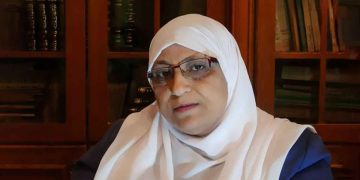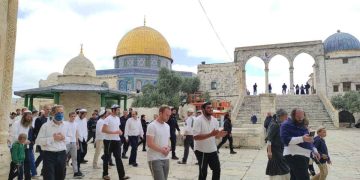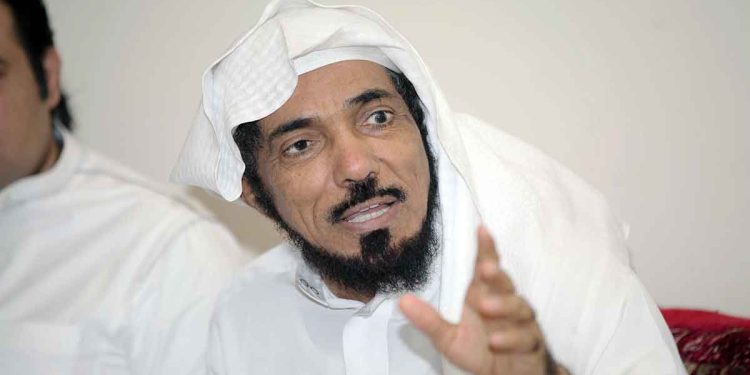Saudi human rights advocate and academic Abdullah Al-Ouda has confirmed that his father, Sheikh Salman Al-Ouda, remains in solitary confinement since his arrest in September 2017, describing this prolonged isolation as a blatant violation of international human rights standards. International law considers extended solitary confinement a form of psychological and physical torture, raising serious concerns about his treatment.
Al-Ouda’s health has deteriorated significantly over the years, with reports indicating that he is on the verge of losing vision in one of his eyes. Despite this, he remains in high spirits, spending his time reciting the Quran and praying. His continued isolation and denial of adequate medical care amount to cruel, inhuman, and degrading treatment, in violation of fundamental human rights principles.
From a legal perspective, no verdict has been issued against Al-Ouda, as his trial has been indefinitely suspended for over four years. The Specialised Criminal Court held its last hearing in 2021, after which all proceedings were halted. At the time, Saudi prosecutors had sought a discretionary death sentence, citing terrorism-related charges against him and several other scholars.
His trial has been conducted in secret, with no independent human rights monitors or international observers present, raising serious concerns over due process violations. The prosecution has based its case on social media activity, submitting approximately 2,000 tweets as evidence, alleging that his online posts, including his membership in the European Council for Fatwa and Research and the International Union of Muslim Scholars, constituted criminal activity.
Regarding recent prisoner releases in Saudi Arabia, Al-Ouda noted that these developments came in response to sustained human rights and media pressure, particularly amid mounting international criticism of Saudi Arabia’s human rights record. Arbitrary detentions have increasingly become a burden on the authorities, especially as calls for the release of prisoners of conscience gain momentum.
While these releases have been welcomed, Al-Ouda emphasised the urgent need for broader reforms that ensure the release of all prisoners of conscience and guarantee freedom of expression, press freedom, and the right to form associations. He stressed that such measures are essential to ending the ongoing crackdown on political dissent.
The continued detention and prolonged solitary confinement of Sheikh Al-Ouda since 2017 represent a grave violation of his fundamental rights. He has been denied a fair trial, with his case postponed indefinitely without any legal justification. The secretive nature of his trial, the reliance on tweets as evidence, and the broader suppression of intellectual and religious expression highlight the use of the legal system as a tool to silence dissent.





























